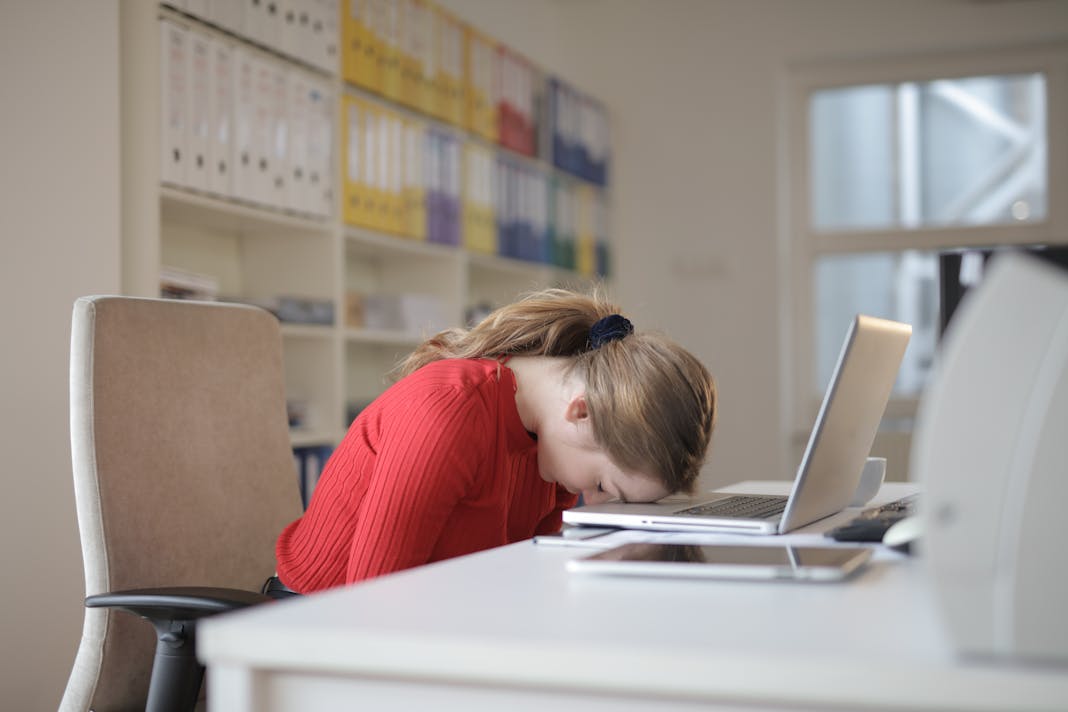Introduction
The human body’s tasks are affected by various elements, to a great extent subject to a singular’s medical issue. When their bodies deviate from their normal functions, many people take medications. Through a variety of activities and processes, the body is able to use energy and regenerate itself. Among these exercises, rest straightforwardly influences the body’s activities.
What Is Sleep Deprivation?
Sleep deprivation or lack of sleep is portrayed as a state in which people don’t get a satisfactory measure of rest. Even though many people do not consider sleep deprivation to be a serious problem that has an impact on their lives, it is important to note that it is widespread. In point of fact, this condition affects nearly 47 million people in the United States. There are different justifications for why somebody may not get sufficient rest in a day. For instance, there are some people whose hectic daily schedules force them to go to bed at the wrong time. Others might have sleep disorders that make it hard for them to fall asleep. The causes of sleep deprivation will be discussed in greater depth in the following section of this essay.

Causes of Sleep Deprivation
Patients are unaware of the many factors that can lead to sleep deprivation. It isn’t exclusively subject to the quantity of hours spent in bed, as the nature of rest likewise assumes a significant part in deciding the degree of hardship. Even when they spend more than eight hours in bed, some people still suffer from sleep deprivation’s negative effects. Even if they slept the recommended number of hours, some people still feel tired when they get up in the morning. It is known that asthma, arthritis, muscle cramps, allergies, and muscular pain significantly increase the number of Americans who suffer from sleep deprivation.
Both the amount of time spent sleeping and the quality of that sleep are impacted by these conditions. It is critical to feature that people might know nothing about the shallow idea of their rest, making it challenging for them to review any examples of approaching attentiveness. Even though it may not cause an individual to wake up, treating conditions like sleep apnea has a significant impact on sleep quality. Broad clinical examination has revealed the possibly deadly outcomes of rest apnea, especially on the cardiovascular framework.
Additionally, as a result of low oxygen levels, people with this condition are likely to have breathing difficulties. While tending to lack of sleep is urgent, it has been found that specific meds utilized in treatment can worsen the condition or result in unfortunate rest quality. As a result, doctors must carefully select the most effective medications to administer. Open and exhaustive conversations among specialists and patients are basic to appreciate the patients’ responses and reactions.

Moreover, lack of sleep can likewise be brought about by disturbances in the rest cycle, which impede the fourth phase of rest. Nightmares, sleepwalking, and night terrors are all common names for these disruptions. It is essential to take note of that these problems don’t completely awaken an individual, yet they can disturb the typical rest cycles and prompt an individual to progress from the fourth stage to the main phase of rest. To address the issue, individuals who are experiencing these disruptions require attention.
Additionally, it is common knowledge that environmental factors contribute to sleep deprivation. Doctors, on the other hand, argue that the environment’s effect on these factors is often too small for people with sleep problems to notice. To put it another way, these things can affect how well a person sleeps without necessarily making them wake up. Instances of such natural variables incorporate outrageous atmospheric conditions like high temperatures, clamor, and unfortunate sleeping cushion quality. Depending on how much a person is sleeping, these things could wake them up.
Additionally, these influences have the potential to worsen over time, ultimately affecting sleep quality. Without the need for medical or professional intervention, most of the environmental factors that contribute to sleep deprivation can be easily addressed. However, recognizing their existence presents a challenge.

Last but not least, sleep deprivation is frequently brought on by anxiety and depression, both of which are linked to a variety of other health problems and issues. These factors, along with certain American lifestyles, significantly contribute to sleep deprivation in many countries. Even if they aren’t severe enough to wake a person up, the effects they have over time are usually significant. There are numerous stressors in the world that have an impact on adults as well as young people. Adults frequently become preoccupied with the pressure to accomplish particular life objectives, whereas young people may be concerned about passing exams. These circumstances can prompt a distraught soul, which thus influences an individual’s capacity to appreciate quality rest.
Effects of Sleep Deprivation

Sleep deprivation causes a wide range of negative effects on people of all ages. The most widely recognized impact is pressure, with people encountering rest inadequacy bound to experience the ill effects of gloom contrasted with the individuals who get sufficient rest. Students’ academic performance may suffer as a direct consequence of this stress. Students who don’t get enough sleep or have their sleep interrupted are more likely to do poorly on tests and schoolwork, according to research. Employee productivity can also suffer as a result of a lack of sleep. For instance, drivers who aren’t getting enough sleep are more likely to get into accidents than those who are. This is on the grounds that drained people have decreased focus and reduced abilities. Inadequate sleep can cause a number of health issues in addition to stress and anxiety. Doctors say that people who sleep less than six hours a night are more likely to have high blood pressure. By slowing the heart rate and blood flow, good sleep allows the body to rest. The heart must work without adequate rest when people don’t get enough sleep, which can have serious consequences. Sleep deprivation can also weaken the immune system, making people more likely to get sick. Over time, this compromised immune response may have significant effects. Sleep paralysis, a condition in which the sleep cycle is disrupted, is another common side effect of insufficient sleep. It typically occurs during the fourth stage of the sleep cycle, when the mind becomes conscious and the body becomes temporarily immobile. Pain and hallucinations may result from this.
Managing Sleep Deprivation
It is absolutely necessary to address this disorder among the population of the United States given the negative effects of lack of sleep. In the beginning, people should actively seek medical advice regarding potential contributors to this condition, such as infections and stress. In addition, maintaining mental health necessitates access to quality counseling. Physical activity has also been shown to reduce stress, which lowers the risk of not getting enough sleep. Last but not least, if you want to get the most out of your sleep, it’s important to create a quiet environment and keep the weather in check.

Conclusion
Sleep deprivation keeps on being a huge issue in the US, influencing a large number of people. As recently referenced, a sleeping disorder can be credited to various elements, traversing from ecological to wellbeing related concerns. Furthermore, lack of sleep can prompt various outcomes, a large number of which can be hazardous when the condition is long haul.
Sources of information and works reference;
https://jcsm.aasm.org – Journal of Clinical Sleep Medicine
Molecular Brain – https://molecularbrain.biomedcentral.com
https://www.mdpi.com – International Journal of Environmental Research and Public Health
https://medscimonit.com -Medical Science Monitor